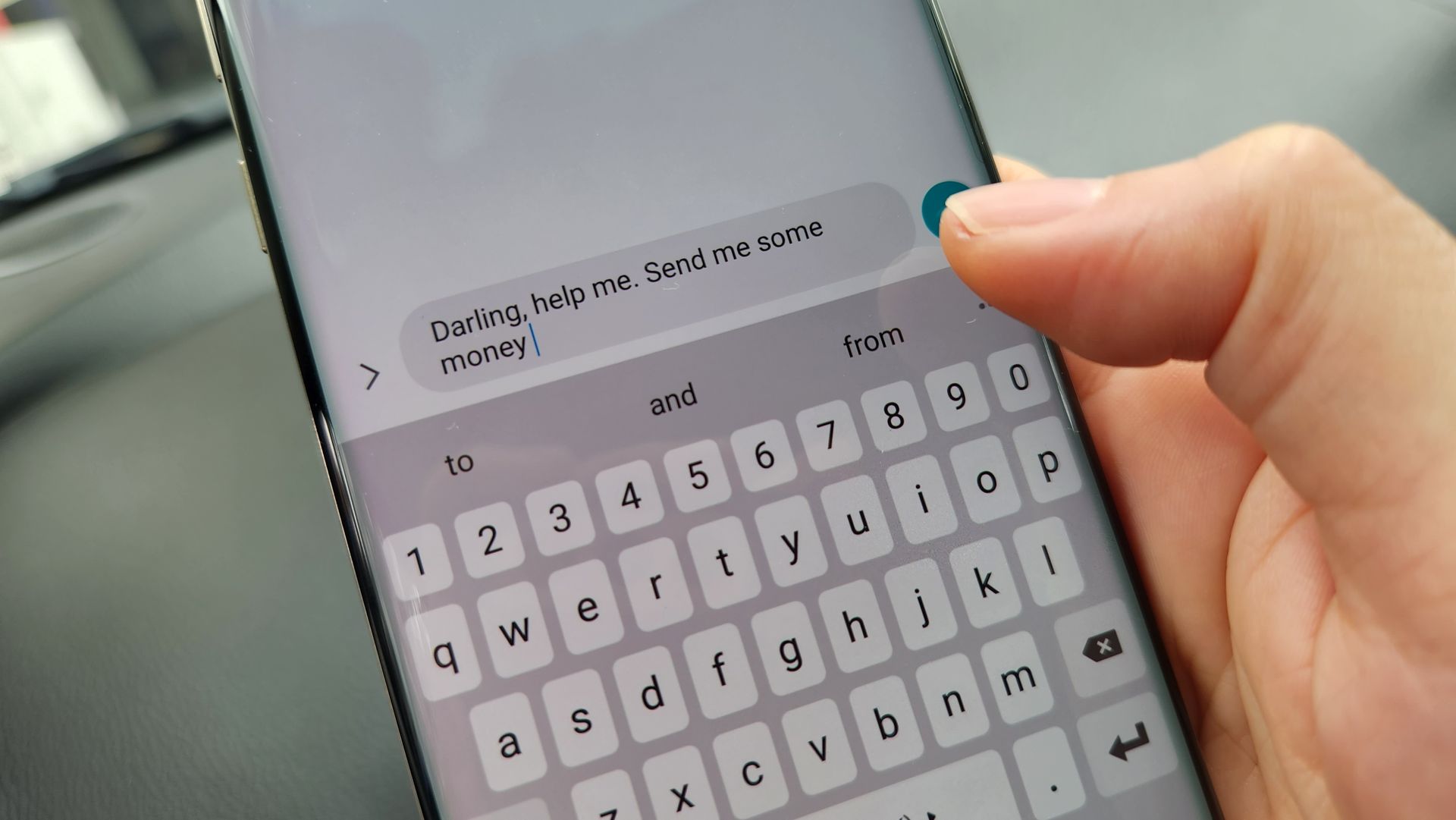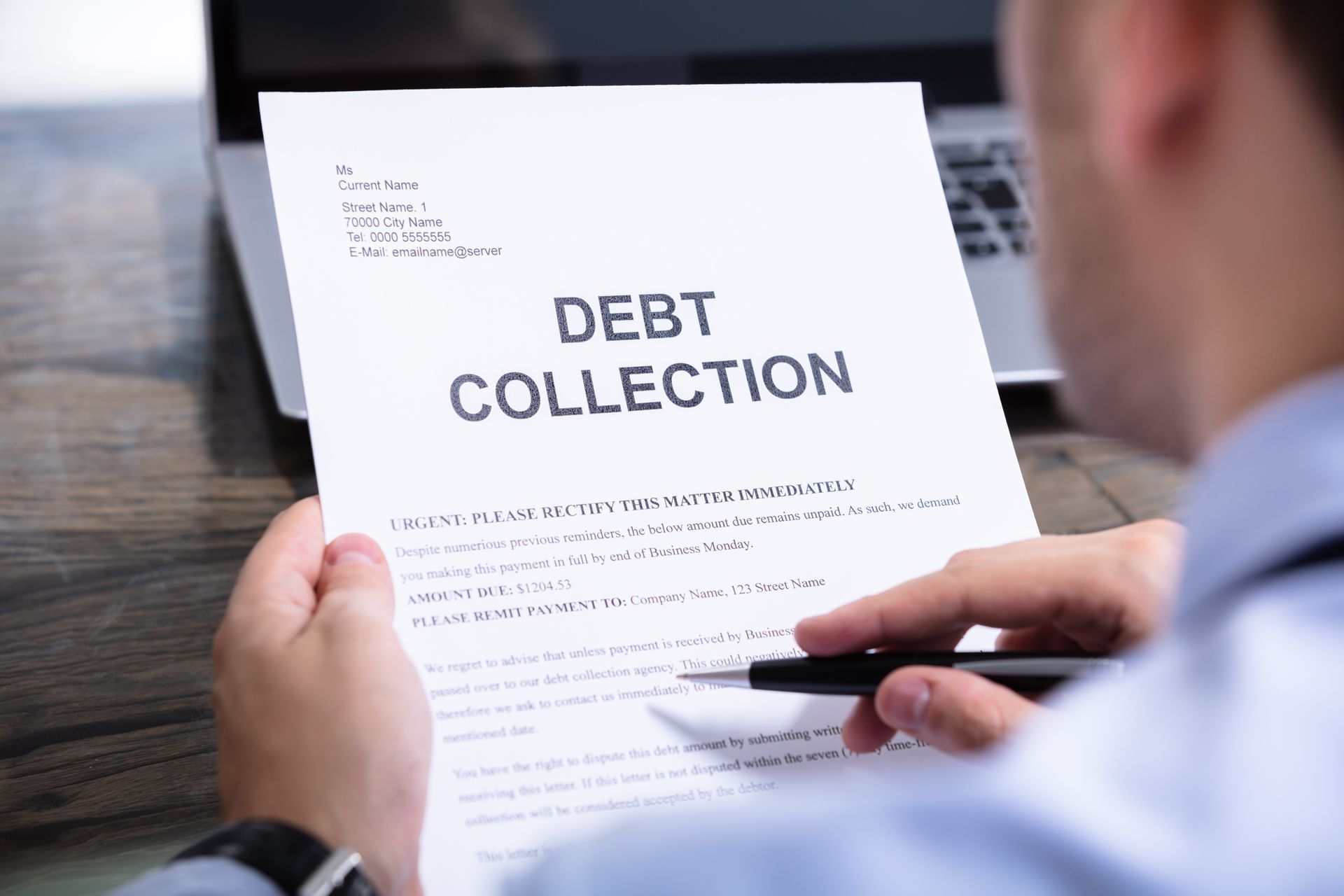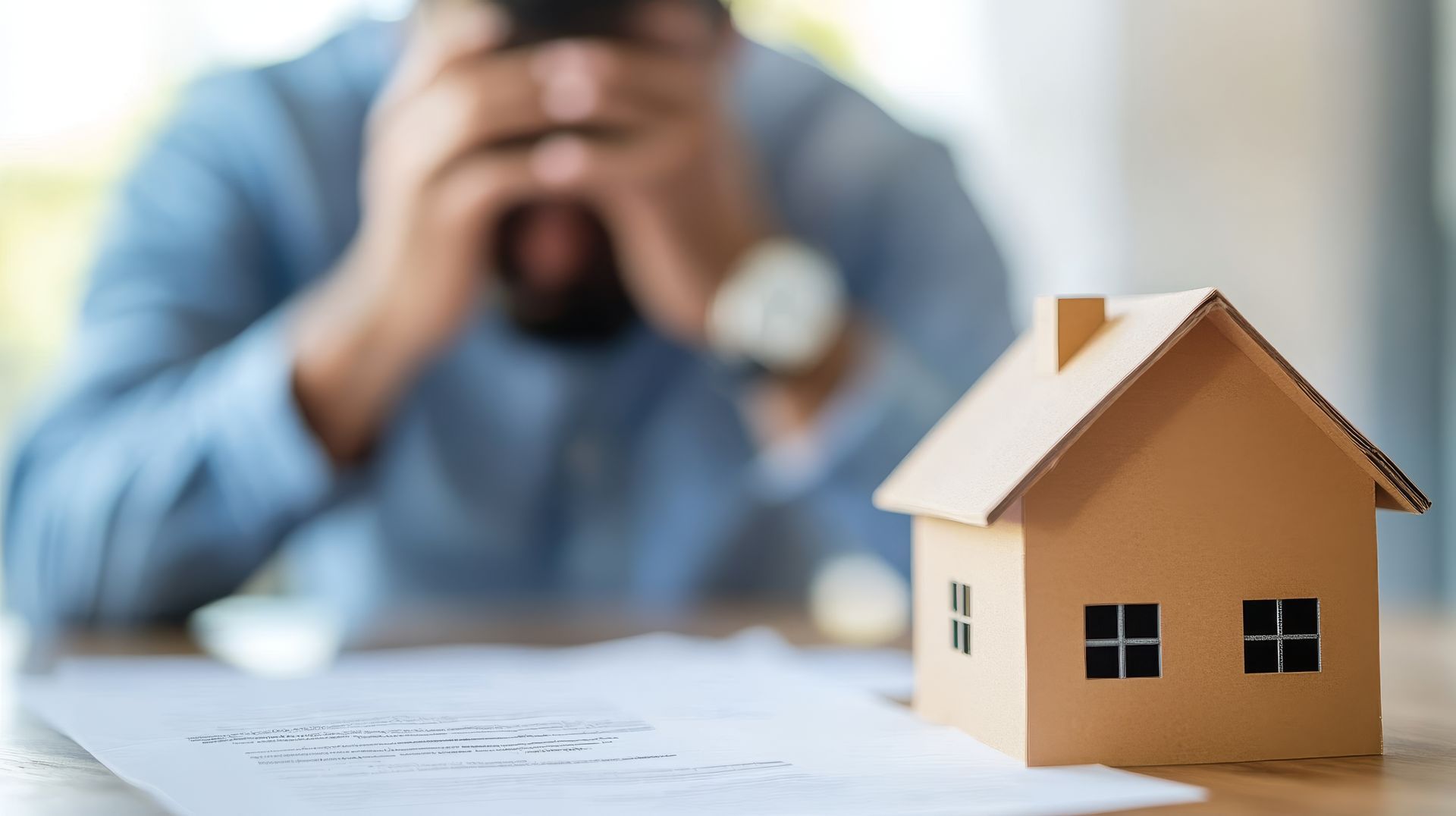
In today’s digital world, scams have become more sophisticated and widespread, targeting people of all ages and backgrounds. Whether it’s a fake banking alert, an online purchase gone wrong, or a fraudulent investment offer, even savvy Minnesotans are not immune to financial deception. Fortunately, the state offers legal protections and clear channels to report fraud, helping you safeguard your money, your credit, and your peace of mind.
If you believe you've been targeted by a scam, it’s important to act quickly—not just to protect yourself, but also to prevent others from falling victim.
Common Types of Scams in Minnesota
- Banking and Credit Card Scams: These include phishing emails or texts pretending to be from your bank, fraudulent charges on your account, or fake checks.
- Online Shopping Scams: Items that never arrive, counterfeit goods, or spoofed websites.
- Phone and Text Scams: Calls or messages claiming you owe money, often from impersonators pretending to be government officials or law enforcement.
- Investment Fraud: Promises of high returns, cryptocurrency scams, or unlicensed brokers offering fake opportunities.
- Utility and IRS Scams: Callers pretending to be from the IRS or utility companies threatening service shutoffs or arrest unless you pay immediately.
- Identity Theft: When someone uses your personal information to open accounts, take out loans, or commit fraud in your name.
How to Report a Scam in Minnesota
Minnesota Attorney General’s Office
The Minnesota Attorney General’s Office is a vital resource for consumer protection. If you’ve experienced a scam related to a business, financial institution, or service provider, you can:
- File a complaint online: ag.state.mn.us
- Call their Consumer Assistance Line: 651-296-3353 or 1-800-657-3787
- Include as much information as possible, including dates, transaction records, emails or letters, and names of individuals or businesses involved.
Federal Trade Commission (FTC)
The FTC gathers information on scams nationwide.
You can report scams involving deceptive advertising, telemarketing, identity theft and online fraud at reportfraud.ftc.gov. This data helps investigators recognize trends and take down larger scam operations.
Consumer Financial Protection Bureau (CFPB)
If your complaint involves a bank, credit card, loan, or credit reporting agency, file a report with the CFPB at consumerfinance.gov/complaint. The CFPB ensures financial institutions follow fair lending practices and protects consumers from predatory behavior.
Local Law Enforcement
If you are a Minneapolis or St. Paul resident who has lost money in a scam or your personal information was stolen, contact your local police department. Be sure to use the non-emergency line or visit a precinct in person. A police report can be important for filing claims with banks or insurance companies.
What to Do If You’ve Been Scammed
If you suspect you’ve fallen victim to a scam, take these steps immediately:
- Contact Your Bank or Credit Card Company: Report unauthorized transactions, freeze your account, and request a new card or account number if necessary.
- Place a Fraud Alert: Contact one of the three credit bureaus (Experian, Equifax or TransUnion) to place a fraud alert on your credit report.
- Check Your Credit Reports: Look for unfamiliar accounts or inquiries.
- Change Your Passwords: Updating all your email, banking, and shopping account passwords can help stop further unauthorized access.
- Keep All Correspondence: Save emails, screenshots, or records of any interaction with the scammer.
Know Your Consumer Rights
Minnesota has strong consumer protection laws. Businesses and individuals are prohibited from using deceptive practices to sell goods or services. If you’ve been misled, lied to, or coerced into a financial transaction, you may have legal grounds to pursue compensation.
You also have rights under federal laws such as the Truth in Lending Act and the Fair Credit Billing Act, which help protect you from billing errors and unauthorized charges.
When to Involve a Lawyer
Some scams may involve complex legal issues, such as identity theft, major financial loss, or false advertising by a business. If you're unsure of your rights or how to proceed, consulting with an experienced attorney may be a good idea. An experienced consumer protection lawyer can assist in:
- Taking civil action to recover lost funds
- Negotiating with credit card companies or lenders
- Representing you in disputes with businesses
- Helping you understand your legal options under state and federal law
Protecting Yourself Moving Forward
- Never give out personal information to unknown callers or emails
- Verify websites before entering payment information
- Always check a sender’s email address to ensure it’s authentic
- Use strong passwords and two-factor authentication
- Check your credit report at least once a year
- Be cautious of deals that sound too good to be true
Do You Need Legal Help After Being Targeted by Fraudsters or a Scam in Minneapolis or St. Paul?
Contact the referral counselors at Minnesota Lawyer Referral and Information Service (MNLRIS) to get connected with a qualified attorney who can guide you through your legal options. Whether you're dealing with banking fraud, identity theft, or deceptive business practices, a lawyer can help you understand your rights and next steps. Call us at (612) 752-6699 today to get started.




